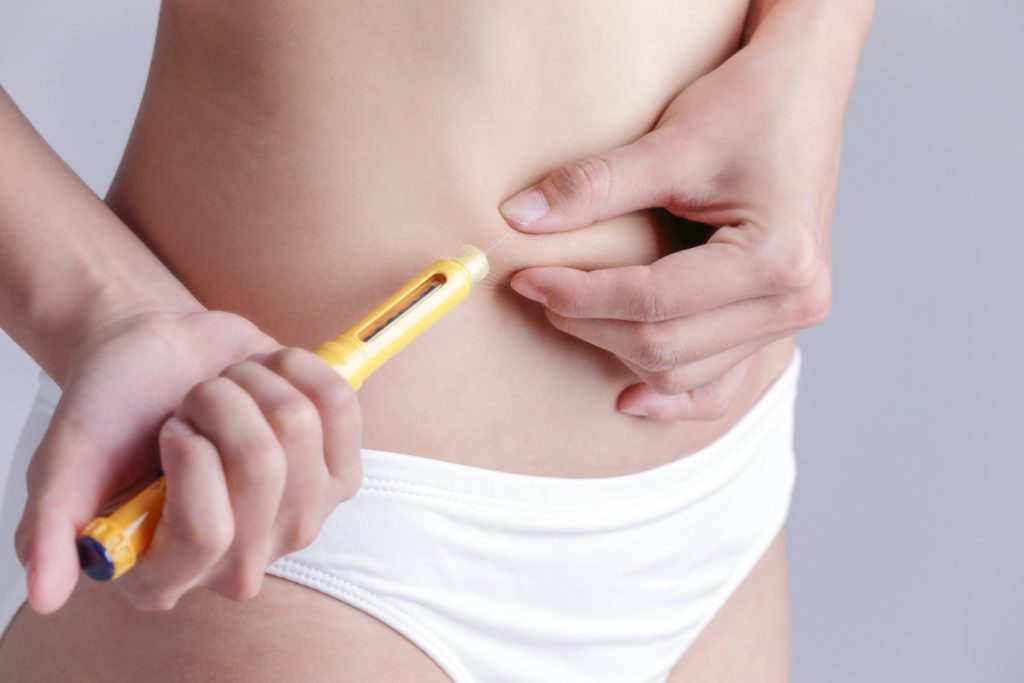IUI Cost Singapore – Get To Know More About Intrauterine insemination

Singapore is one of the countries having the lowest birth rates in the world.. If you’re experiencing problems reproducing, you’re not the only one. Infertility affects about one in every seven Singaporean couples. It is a problem faced by many married couples. Couples who want to establish a family must also consider infertility treatment costs. Intrauterine insemination (IUI), a less well-known assisted reproductive procedure compared to IVF, is one such treatment. For those considering this option, here are some key statistics concerning the iui cost singapore and other information that may be useful in making a decision.
IUI Cost Singapore – Introduction To IUI
IUI(Intrauterine Insemination) is a low-tech method of fertility treatment. It entails preparing the male partner’s sperm in a laboratory and injecting the mobile and healthy sperm into the woman’s uterus during ovulation. IUI can be done with either the male partner’s sperm or donor sperm. IUI is frequently the first step in the treatment for many patients who opt to undergo assisted reproductive treatment.

This differs from IVF, which involves extracting eggs from a woman’s ovaries and fertilizing them with her husband’s sperm outside of the womb in a symbiotic environment. IUI can be performed during natural ovulation or during simulated ovulation in which medicines are administered to aid ovulation.
The iui cost singapore is roughly $1,000 and is available at government hospitals, private hospitals, and private clinics. The woman must have a series of ultrasound tests to check her menstrual cycle before undergoing an IUI. This is to see if she is ovulating. She may need to take fertility medicines at times.
If the partner has male factor subfertility, such as less than five million motile sperm after the sperm preparation process, IUI is not an appropriate treatment.
IUI Cost Singapore – What Are The Various IUI Available?
- Natural IUI: Natural IUI is one of the most basic kinds of assisted reproduction. It does not necessitate hormonal activation via drugs. Instead, it is done around the time of ovulation, making it more suitable for women who have regular menstrual cycles and predictable ovulation.
- Simulated IUI: Your doctor may propose an IUI cycle, which uses medication to trigger ovulation, depending on your diagnosis. Medication is normally started on the second day of your cycle and lasts for five days. Ultrasound tracking of the follicles is done, and once the follicles have matured to a particular size, another injection medicine is administered to promote ovulation. This procedure is best for women who have trouble ovulating on their own, maybe owing to Polycystic Ovarian Syndrome, a condition that causes irregular cycles.





